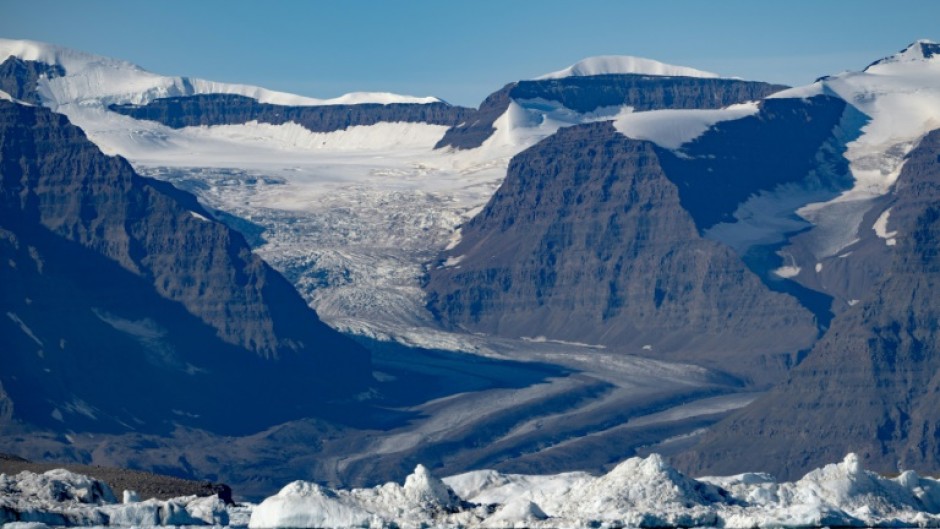WASHINGTON - It's well known that as far as the climate crisis goes, time is of the essence.
A study shows that the melting of the polar ice caps is causing our planet to spin more slowly, increasing the length of days at an "unprecedented" rate.
The paper, published in Proceedings of the National Academy of Sciences, shows that water flowing from Greenland and Antarctica is resulting in more mass around the equator, co-author Surendra Adhikari of NASA's Jet Propulsion Laboratory told AFP.
"It's like when a figure skater does a pirouette, first holding her arms close to her body and then stretching them out," added co-author Benedikt Soja of ETH Zurich.
"The initially fast rotation becomes slower because the masses move away from the axis of rotation, increasing physical inertia."
If the Earth turns more slowly, then the length of the day increases by a few milliseconds from the standard measure of 86,400 seconds.
A currently more significant cause of slowdown is the gravitational pull of the Moon, which pulls on the oceans in a process called "tidal friction" that has caused a gradual deceleration of 2.40 milliseconds per century over millions of years.
But the new study comes to a surprising conclusion that, if humans continue to emit greenhouse gases at a high rate, the effect of a warming climate will be greater than that of the Moon's pull by the end of the 21st century, said Adhikari.
Between the year 1900 and today, climate has caused days to become around 0.8 milliseconds longer -- and under the worst-case scenario of high emissions, climate alone would be responsible for making days 2.2 milliseconds longer by the year 2100, compared to the same baseline.
That might not sound like a great deal, and certainly not something that humans are able to perceive.

